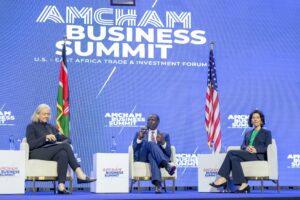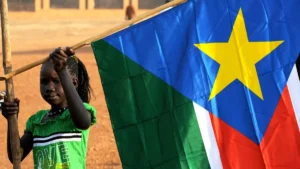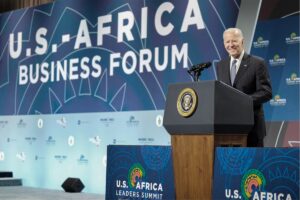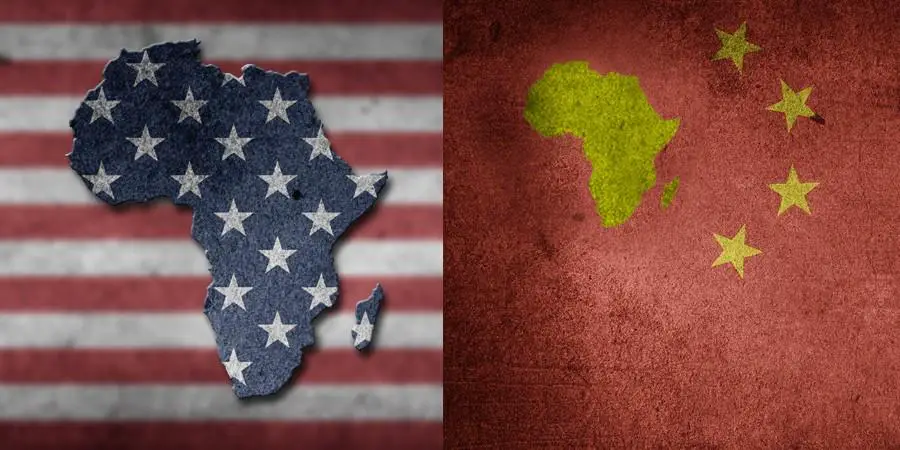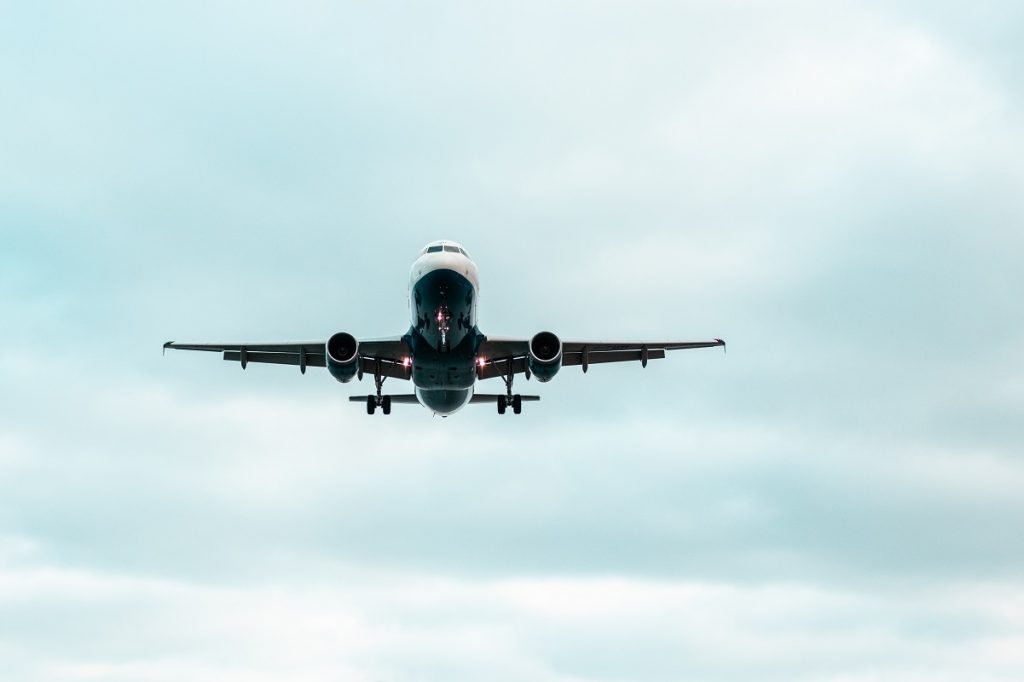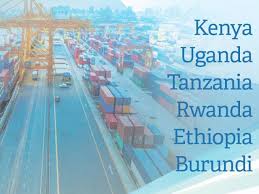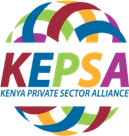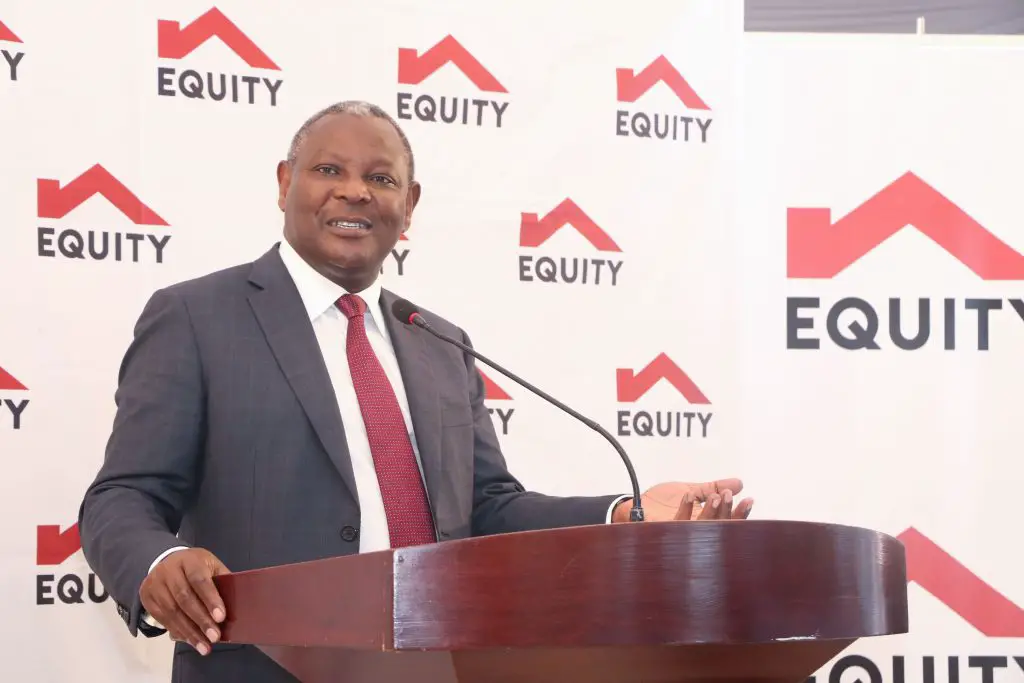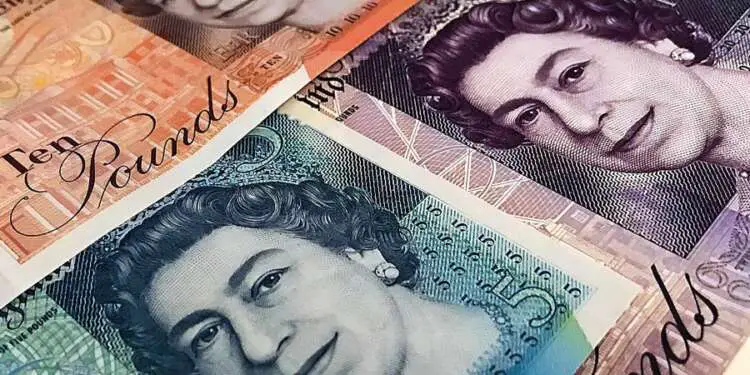- History beckons as push for Kenya’s Ruto to address US Congress gathers pace
- IMF’s Sub-Saharan Africa economic forecast shows 1.2 percent GDP growth
- The US Congress proposes extending Agoa to 2041, covering all African countries
- Millions at risk of famine as fuel tax row halts UN aid operations in South Sudan
- Empowering the Future: Humanity Protocol’s Dream Play Initiative
- TikTok Community Guidelines update aims to curb hate speech and misinformation
- Rwanda sees 39% surge in bank borrowers as Sacco and MFI loan uptake declines
- Kenya Ports Authority wins dispute case over cargo release
Browsing: COVID-19
Any predictions regarding what economies are going to look like after this crisis, have to be taken at face value by the best buyer. In other words, I believe that any forecast carries a great deal of speculation, as we are sailing uncharted waters and the last few months have proven that, so to compare the current situation to any past crisis is not very efficient to say the least.
Nevertheless, speculation is what we have at hand, and much like everyone else locked up in quarantine, I have been observing the developments and formulating some theories. I’ve also had the privilege of speaking to some very insightful people as I moderated and shared my opinion in a number of webinars and other online platforms, particularly as to the key changes African economies may face in this new reality.
It goes without saying that with over 50 countries on the …
Availability of liquidity is the main issue to be addressed for airlines to survive and restart their operations…
The effects of Covid-19 have continued being felt in the East African region despite governments developing various interventions to counter them. Interventions have included the provision of healthcare remedies as well as stimulus plans to bail out communities who have been ravaged by the pandemic. The highlight of the inter-East African relations has been a diplomatic tiff between Kenya and Tanzania that had threatened the livelihoods of the region who depend on the two strongest economies.
The markets in the region have remained slow with the economies expected to get a hit for months to come. Various entities including the World Bank have revised their projections of the growth of the region’s economy. The triple effects of Covid-19, floods and locusts have made the economies of this region suffer greatly. Kenya has also received a negative rating by Moody based on her rising debt.
In this edition, we highlight how …
Last year Africa spent more money servicing debts than on the health issues of its public. According to World Bank, Africa is home to the world’s highest number of heavily indebted poor countries owing a total of US$493.6 billion in long term debts.
As the World Bank and IMF issue funding aid to help support Africa respond to the effects of COVID-19, countries including Tanzania and Rwanda have asked that the international community focus more on debt relief.
The IMF issued a statement listing certain countries as being eligible for debt relief and asked others to state their case—to explain why they deserve debt relief.
The Institute for International Finance, a club of some 450 banks and financial investment firms from across the globe, say they are working on temporarily suspending debt financing by the poorest countries, most of which are in Africa.
Also Read: Why high
…Africa has so far escaped the worst health consequences of the COVID-19 pandemic. However, the continent looks like it could be the worst hit from the economic fallout of the crisis: 80 million Africans could be pushed into extreme poverty if action is not taken. And disruptions in food systems raise the prospect of more Africans falling into hunger. Rural people, many of whom work on small-scale farms, are particularly vulnerable to the impacts of the crisis. It is therefore vital that the COVID-19 response address food security and target the rural poor.
At this time, the international development agenda is prioritizing health, economies and infrastructure. But there must also be a focus on food security, agribusiness and rural development. This is especially important on the African continent.
Agriculture contributes 65 per cent of Africa’s employment and 75 per cent of its domestic trade. However, the rich potential of agriculture …
The dream of a world without hunger seemed achievable three years ago. However, with increasing challenges such as those recorded recently like the locust invasion and the novel Corona Virus (COVID-19) that is still wrecking lives across the globe, the future looks bleak.
Africa accounts for the highest number of people suffering acute food insecurity due to conflicts and tensions between communities.
According to the 2020 Global Report on Food Crisis (GRFC 2020): “In East Africa, armed conflicts, intercommunal violence and other localized tensions continued to affect peace and security.”
Moreover, “the upheaval that has been set in motion by the COVID-19 pandemic may push even more families and communities into deeper distress, António Guterres, Secretary-General of the United Nations, added in the Forward of the report.
Also Read: Crop insurance to ensure food security and poverty reduction
The global food policy report published April …
The Kenya Private Sector Alliance (KEPSA) has called on the government to gradually and partially re-open the country to preserve the economy and support health response.
Speaking on Wednesday during a virtual meeting with the government through the office of the National Development Implementation and Communication Cabinet Committee (NDICCC), KEPSA Chief Executive Carole Karuga reiterated that COVID-19 is the new normal and every effort must be made to ensure there is continued economic activity in the country while upholding measures to safeguard the health of its people.
Karuga urged the government to develop a practical recovery strategy that balances health, economy and societal needs with the support of the private sector.
“Coronavirus is the new global reality. We are working hard to protect our people and curb the spread whilst, getting the economy on a recovery path through ensuring both formal and informal sectors resume to normalcy,” Karuga said.
She …
Equity Group Holdings Plc has posted a 14 percent decline in net profit in the first three months of the year to hit Sh5.3 billion, attributable to increasing its loan loss provision by ten fold to Sh3 billion from Sh300 million the previous year.
Profit before provisions was up by 10 percent to Sh10 billion from Sh9.1 billion the previous year.
“The global Covid-19 pandemic has mutated into a global economic crisis, occasioned by a sudden standstill of economic activity as a result of the global lockdown. This has introduced unprecedented uncertainty within the global financial systems prompting us to adopt a conservative approach – fortifying our balance sheet and assuring ample liquidity to support our customers,” James Mwangi Group MD and CEO said.
The Group’s total assets went up by 14 percent year on year growth to Sh693.2 billion from Sh605.7 billion driven by a 17 percent growth in
The UK will invest up to £20 million in the new ‘African Union Covid19 Response Fund’ to tackle coronavirus and save lives.
This makes the UK the largest national donor to the fund, which was announced by Cyril Ramaphosa, Chairperson of the African Union (AU) and President of the Republic of South Africa last month. It will support African leaders and technical experts to slow the spread of coronavirus and save lives in Africa and worldwide.
The fund will tackle the pandemic by recruiting African health experts and deploying them where they are needed most, strengthening global tracking of the pandemic, combatting potentially harmful misinformation, providing specialist coronavirus training for health workers and making information about the virus more accessible to the public.
Announcing the funding on May 20th, International Development Secretary Anne-Marie Trevelyan said:
…“As the UK faces its biggest peacetime challenge in tackling coronavirus, it’s never been more
There is no sugar in Tanzania. The little that there is, is very hard to come by and when you do find it, its many times more expensive than you would have bought it last month. It is barely a fortnight since the government confidently said the country has enough sugar and went ahead and placed a cap on sugar prices.
To bring things under control, nationwide crackdowns were carried out and several warehouses were found with allegedly hoarded sugar, fines were issued and arrest made in shops and other outlets where the sellers were price above the government cap, even awhile consignment was seized been smuggled out of the country.
Yet still, two weeks later, there is no sugar. Been the Holy Month of Ramadhan, lack of sugar severely affects the day to day social well being. Most of the staples and beverages need sugar, the tea needs sugar …
